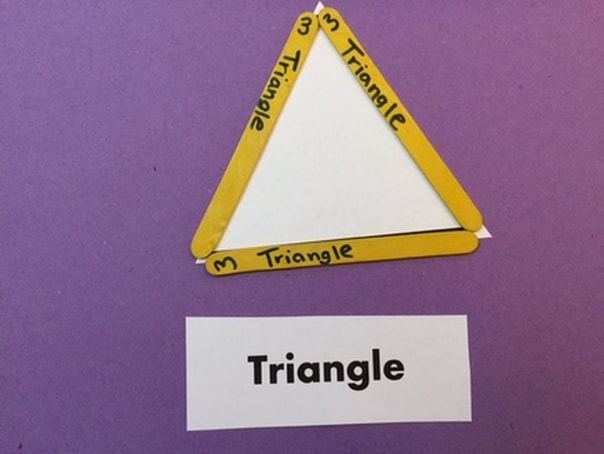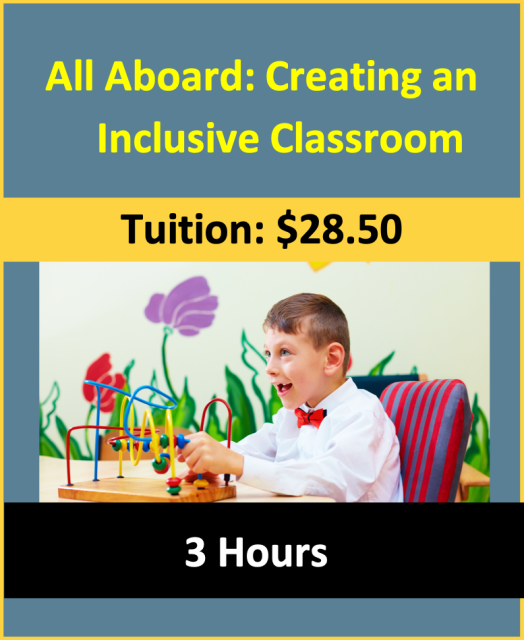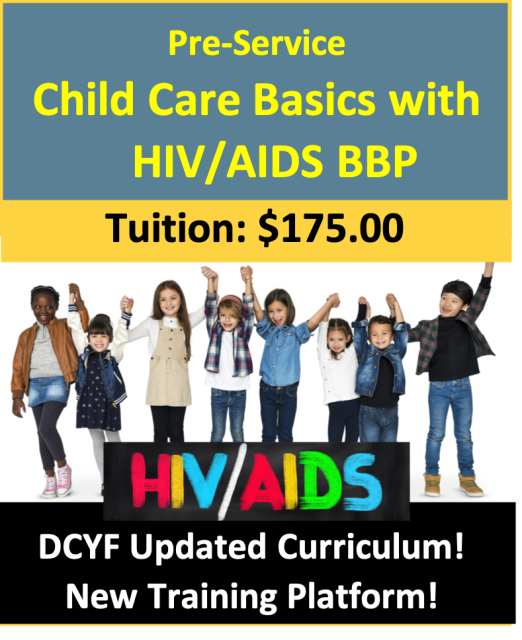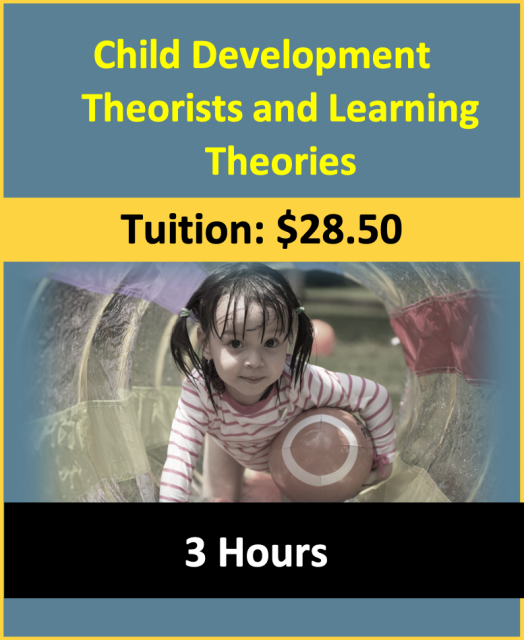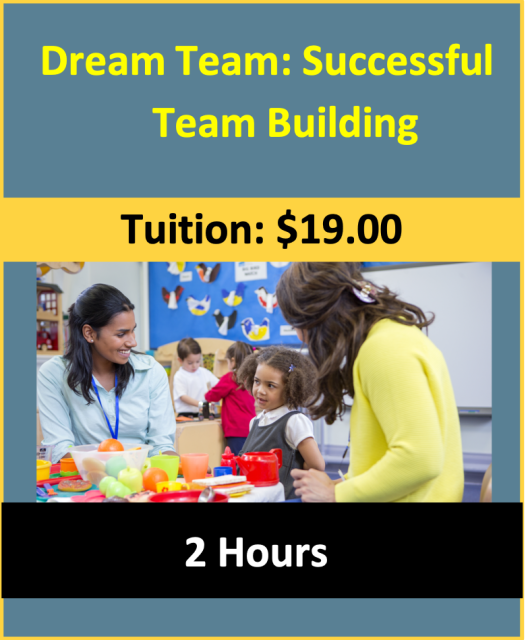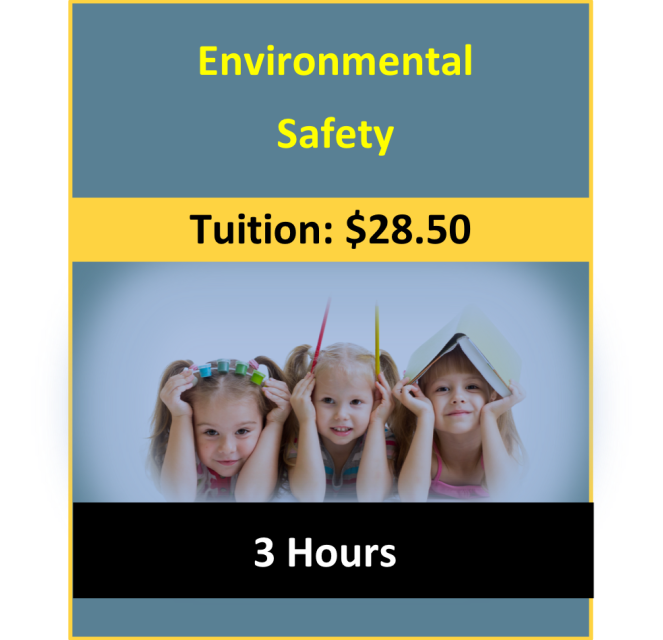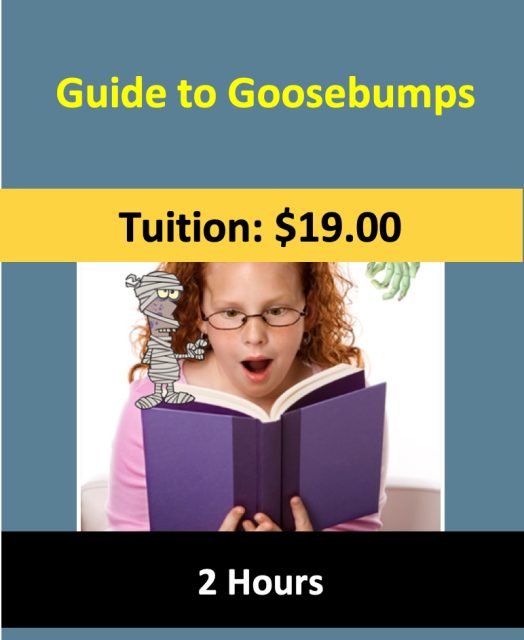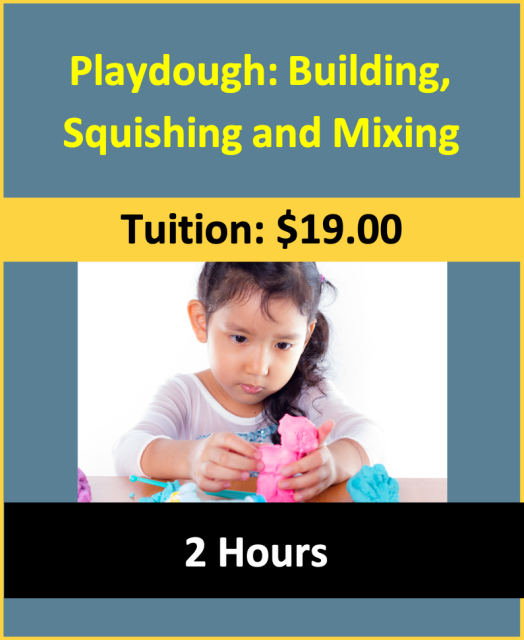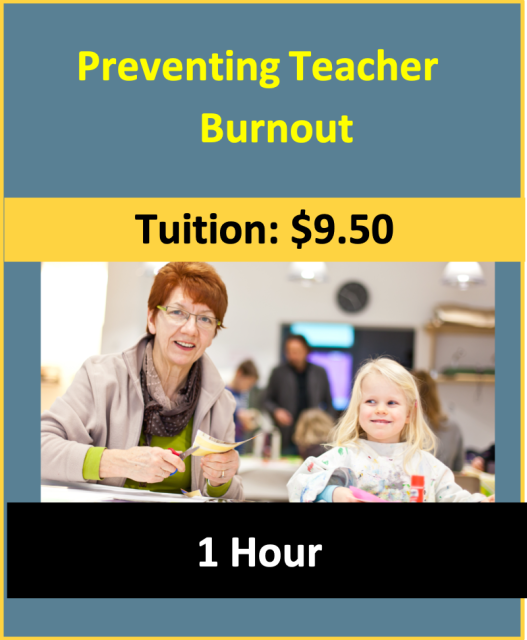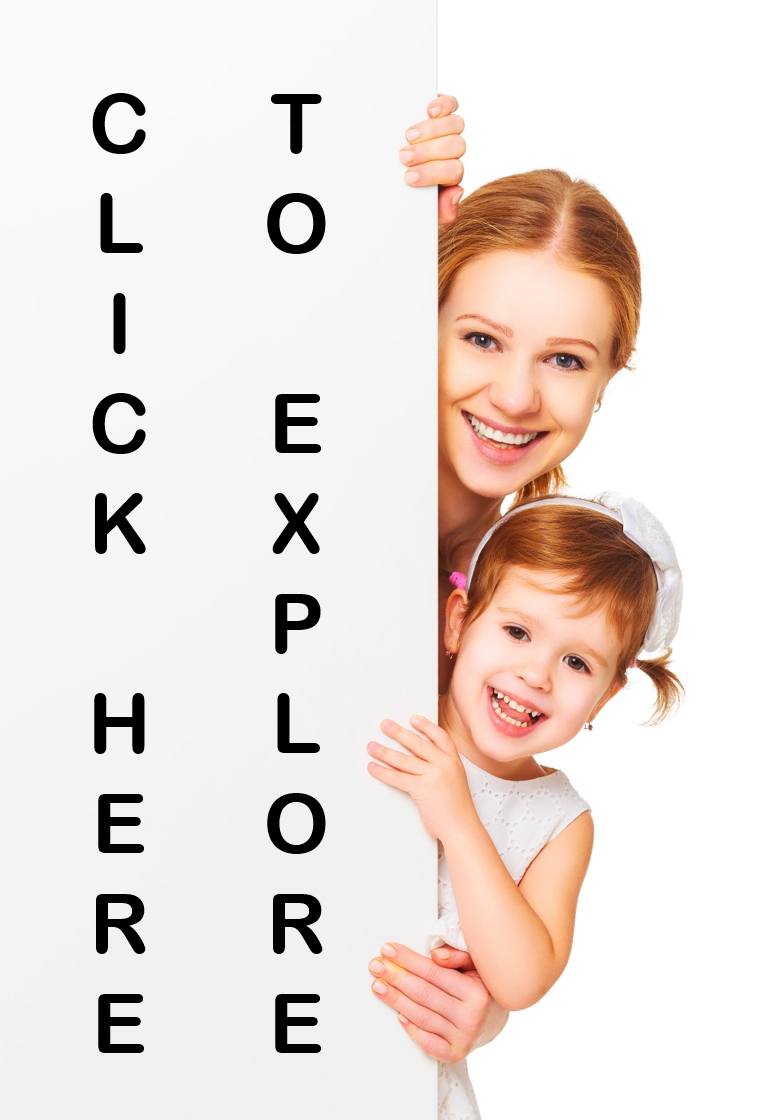Popsicle Stick Shapes
Lesson Plan:
|
Activity:
Popsicle Stick Shapes
Lesson plan developed by Aurora Tollestrup, BS Ed
Age Group:
* Lesson plan objective and assessment can be adapted to use this activity with school-age children.
Objectives:
Children will:
II.5.2a
|
Materials:
- popsicle stick shapes
- paper shape cutouts
- shape labels
To create the materials:
- Gather correct amount of same-colored Popsicle sticks per shape (ex: 4 sticks for the 4 sides of a square, etc).
- Labels the sticks with the name of the shape and the number of sides/sticks needed to create the shape.
- Cut out paper shapes and shape labels.
Procedure:
- Give the children a brief demonstration of how to use the materials to create the shapes from the Popsicle sticks and label them.
- Place the materials in a basket or shallow tray for the children to use either with a partner or independently.
- Children should alert the teacher when they are finished with the shapes to be assessed.
Assessment:
- Assess and record the children’s ability to recognize and label the different shapes
Extension:
When students are able to recognize and create the shapes correctly, you may introduce more complicated shapes, or alter the Popsicle sticks so that they are not color coded, or numbered for the sides. Adapt this lesson to what suits your students best.
Click on the course icon for enrollment information.
STEM Math in Early Childhood
Mathematics, or math, is the study of numbers. This includes patterns, equations, systems, and shapes. These are integral parts to the early childhood classroom. The study of math links many different subjects together and can be seen in the natural world as well as in the man-made world. This makes it such an important subject to learn and be comfortable with.
Math in the Early Childhood Classroom
When including STEM math instruction in your program, it is important to link this with real-world applications. This is one of the things that sets STEM math apart from standard classroom math. Instead of the standard arithmetic lessons, a STEM math lesson will usually involve a partner or group project and be included in an engineering or design process. STEM math doesn’t always have one correct answer, but instead, students are using math skills to create, design, solve, or question something.
How to include STEM math lessons in your early childhood program:
When including STEM math instruction in your program, it is important to link this with real-world applications. This is one of the things that sets STEM math apart from standard classroom math. Instead of the standard arithmetic lessons, a STEM math lesson will usually involve a partner or group project and be included in an engineering or design process. STEM math doesn’t always have one correct answer, but instead, students are using math skills to create, design, solve, or question something.
How to include STEM math lessons in your early childhood program:
- Build foundational math skills that students can use in many areas of their learning.
- Encourage math exploration with a math center area, including math manipulatives, blocks, pattern making pieces, and more.
- Focus on the process of acquiring math skills as opposed to the end result or correct answer. In many STEM lessons, there is no one “right” answer.
